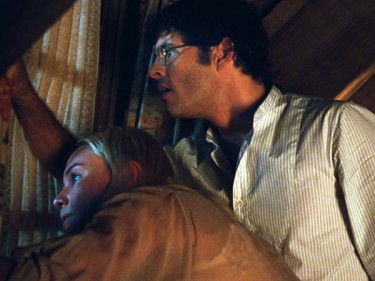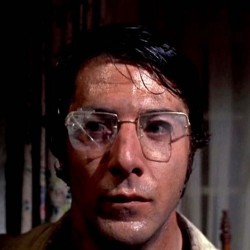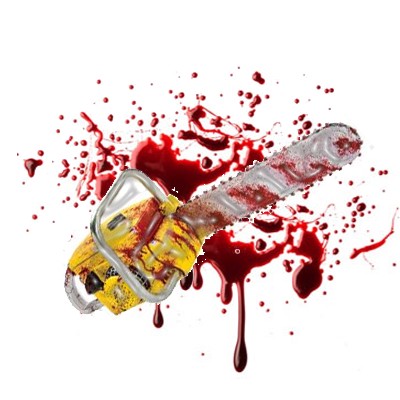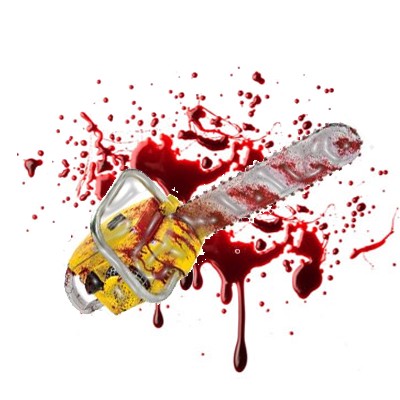'Straw Dogs': 40 Years After The Original, It Still Sucks To Be A Man

Whenever men have described to me what it’s like to be male, it sounds friggin’ awful — a nonstop blitzkrieg of Hobbesian brutality. Your life, as they depict it, is a war on two fronts: the front that wants to get laid, and will do whatever it takes to do so, and the front that must fight off other men. Both require totally different skill sets, and a loss on either shore is devastating. A friend told me that when he walks down the sidewalk, other (usually larger) men will step in his path to launch a game of Chicken, and they’ll slam into him unless he pulls away. (A guy did that to me once on Hudson Street — I shrieked like a cat in thumbscrews, called him an asshole, and two cops arrived in seconds.) Years of watching agro movies have only reinforced my view that it’s dreadful to be a guy. Dress him up in fancy clothes, give him a few Ivy League degrees and a gold AmEx, and the struggle to find his inner Thor only becomes more compelling. Which brings us to Straw Dogs.
If you know anything about this movie (no judgments if you don’t) you likely know that everyone’s bitching that it’s not as good as the 1971 original, which was made by Wild Bunch director and famed nihilist Sam Peckinpah. Call his version anti-feminist, call it exploitative: it’s been called both (and many other) names for years. But what holds up about his film is its visceral depiction of just how awful it is to be a “nice guy” who gets ripped in half by the opposing forces of civility and survival.

The simple reason the original is so good is Dustin Hoffman. No one is better at embodying an ostensibly effete intellectual harboring a fucking rage machine deep inside. Hoffman is emotive, he’s emotionally vulnerable and, well, there’s no polite way to say this — he’s small. Tiny, even. Which, in the chest-thumping department, is an automatic 40 handicap. There’s something baseline archetypal in the plight of a small man. His struggle is the struggle, the inescapable fight to triumph over one’s immutable circumstances. He can do whatever is in his power — obtain expensive degrees, make bank, build up intellectual capital — to raise his social valuation. But he’s never going to be the guy you veer away from on the sidewalk.
When you take this compelling a hero and plunk him down in extreme circumstances — specifically, into a rural town packed with locals who punch holes in his manhood (figuratively), rape his wife (unfiguratively) and attack his house, forcing him to unleash the Paleolith in a spray of plasmic carnage — well, you’ve got a great movie. Add a little Clockwork Orange-ultraviolence, and voila! a cult classic.
Then there’s the remake, which came to theaters last week. Critics are excoriating its mere existence, which seems pointless; the movie’s been made, and people are seeing it, so let’s quit bitching and discuss it on its merits. The fact is that despite its lack of Hoffman-ness (chiseled sensitivity aside, James Marsden is no Dustin Hoffman), this is a perfectly good remake. A loyal-to-the-point-of-lacking-all-imagination remake. In fact, the only real difference is that instead of the perfect hero, you have the perfect villain. Yup, I’m talking about Alexander Skarsgård.
The part Skarsgård plays here is Paragon Alpha, the man who can win on all fronts and serves as a boot in the ass to the socially softened hero. He evokes fear and respect in men while simultaneously compelling women to bang him (in Skarsgård’s case, perhaps literally; as the credits rolled, two lesbian friends declared themselves “willing to make an exception”). Skarsgård pretty much runs away with the role; he presents an Alpha that’s every bit as riveting as Hoffman’s beleaguered rabbit.
Beyond Skarsgård’s presence, the remake is little more than a carbon copy of the original, with some minor modernization and a change in setting. A Harvard atheist with Hollywood pedigree rolls his vintage Jag into a rural town and clashes (hard) with the local menfolk. That the setting has changed from rural England to the deep South adds a bit of cultural critique to the proceedings, as the Alpha Males mutate from British hoodlums to gun-toting, whiskey-swilling redneck clichés. But the rubric is the same; they’re all walking chunks of Id and Ego, creating violence in a violent paradigm. The hot blonde wife (Kate Bosworth, looking like she needs a sandwich) is once again merely a vehicle for the men to achieve domination over each other, and the central conflict still comes down to one bloody battle between a sensitive dude and five guys with guns. Which isn’t a knee-jerk bad-thing; with all due respect to my estrogen kin, there’s plenty to gain from an honest exploration of masculinity’s ugly underbelly.
And that’s the real point we can take from the remake; that decades after feminism entered the cultural mainstream, after we’ve slogged through all these social and gender reconfigurations, the Act of Being Male still stirs up the same shitstorm it always did. However much we’ve resocialized men away from blatant sexist norms (which we now fetishize with “Mad Men” et al), it still comes down to a simple test: How do you make do with whichever branch of the Masculinity Yggdrasil your ass happened to land on? In the movies, at least, there’s still one surefire way to measure a “man’s worth” — if he can defend his home and family from other men.
Straw Dogs gets three bloody chainsaws (out of five).



Melissa Lafsky, The Awl’s Horror Chick, wants to be scared by your movie.
